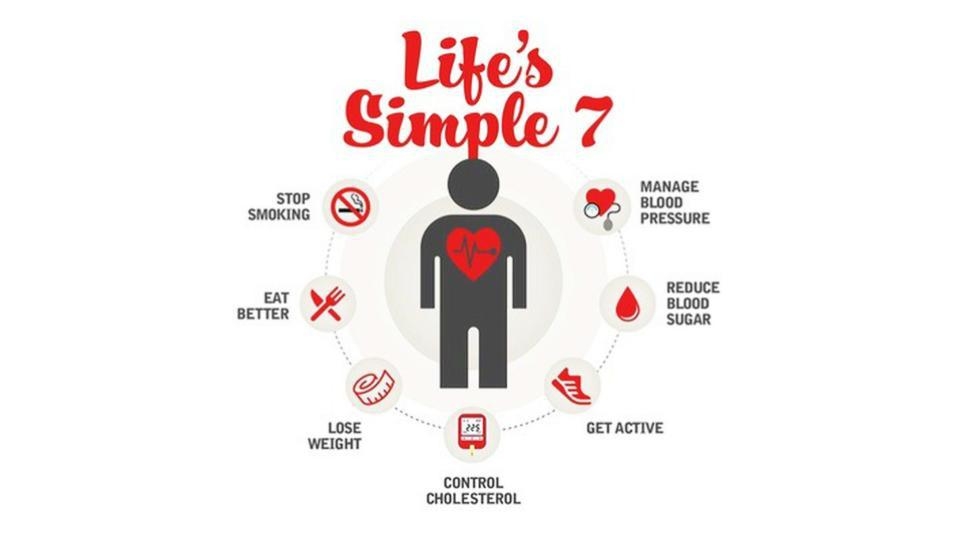
Heart disease remains a leading cause of death globally. However, by making several lifestyle modifications, individuals can significantly reduce their risk of developing heart disease. This article aims to provide you with practical tips and advice to aid in these changes, thereby promoting heart health and overall wellness.
Understanding Heart Disease
Heart disease is a broad term that encompasses various conditions affecting the heart’s functionality, including coronary artery disease, heart rhythm abnormalities, and heart failure. It is the leading cause of death for both men and women. However, women are more likely to possess non-classic symptoms of a heart attack, making it harder to diagnose. Furthermore, hormonal changes and conditions like gestational diabetes and high blood pressure during pregnancy can also influence heart health.
Key Risk Factors
Several risk factors contribute to heart disease, such as high blood pressure, high cholesterol, diabetes, obesity, diet, exercise, alcohol use, stress, and smoking. Regular medical check-ups are crucial to manage these risk factors effectively. Tools like a five-minute heart risk assessment can provide personalized risk reports and guide necessary lifestyle modifications.
Healthy Eating for Heart Health
Maintaining a healthy diet is a key step in lowering the risk of heart disease. This includes consuming more fiber, reducing fat and sodium intake, and closely reading nutrition labels. It is also crucial to monitor sugar intake as high sugar levels can lead to diabetes, a significant risk factor for heart disease. Furthermore, managing body weight through a balanced diet can alleviate the pressure on the heart and improve overall health.
Exercise Regularly
Regular physical activity is a cornerstone of heart health. The American Heart Association recommends at least 150 minutes of moderate-intensity exercise per week. This could include activities like brisk walking, swimming, or cycling. Wearing a pedometer can motivate more physical activity and help track progress. Exercise plays a crucial role in maintaining a healthy weight, controlling cholesterol and blood pressure, and reducing the risk of heart disease.
Quit Smoking and Limit Alcohol
Smoking and excessive alcohol consumption are significant risk factors for heart disease. Quitting smoking can reduce the risk of heart disease dramatically, regardless of how long a person has smoked. Similarly, limiting alcohol intake can prevent high blood pressure and the risk of heart disease.
Get a Good Night’s Sleep and Manage Stress
Quality sleep is essential for heart health. Lack of sleep can increase the risk of cardiovascular disease and other health problems. Moreover, chronic stress can contribute to high blood pressure and other heart disease risk factors. Therefore, it is important to manage stress effectively and ensure adequate sleep.
Conclusion
Heart disease is a significant health concern, but it is not invincible. By making these lifestyle changes, individuals can significantly reduce their risk of heart disease and improve their overall health. Always remember, it’s never too late to start living a healthier lifestyle.
